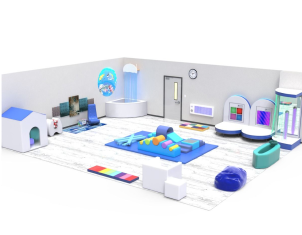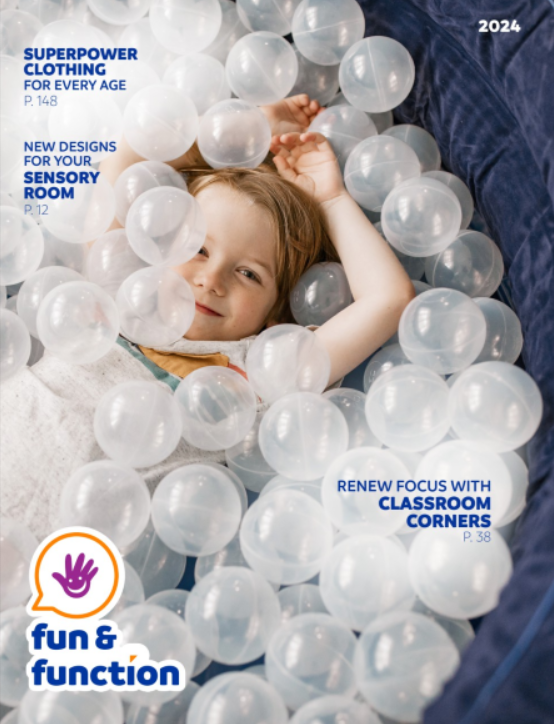Are you familiar with Executive Function Disorder (EFD)? In layman's terms, it's a chronic pattern of difficulty in planning, analyzing, setting goals and executing daily tasks. For example, asking a student to write a book report requires the student to figure out where to get the book, estimate the time needed to read it, take notes for the report, and actually write the report by the deadline.
If someone has EFD, it does not mean that they will always struggle to set and stick to a schedule. There are several key areas to focus on that can help improve executive functioning.
Brain Activation
Individuals with difficulty organizing, prioritizing, and implementing what they have learned typically do not set goals. If you ask them what they want, they may respond, "I don't know." By providing fewer choices, using a dry erase board, and/or incorporating a visual choice board, you can help train them in how to plan and execute.
Students struggling with brain activation may need assistance breaking down projects into more manageable chunks. It is important to check in regularly so that students have an opportunity to ask for help. However, the key is to let them own the process. Encourage the use of a list or assignment notebook and schedule to keep them accountable and on track.
Focus
Struggling with focus is usually what people think of as ADHD, but it is also a characteristic of EFD. It often manifests as a lack of attention, concentration, or focus. Individuals with challenges in this area may need tools to help them stay focused, such as timers, schedules, private work spaces, and a great sensory diet.
Effort
Once a person has started a task, ask them: Can you finish this task with speed and accuracy? People who struggle to keep going need encouragement and monitoring to ensure they don’t give up on a task midway. They may need a sensory survival kit to help them stay focused and alert.
One strategy that may help is changing the goal from making something perfect to simply completing it; in the long run, they can work on doing their best as the ultimate goal. Once a task is complete, take time to evaluate it. Discuss what went well and where more effort was needed. When doing this with students, allow them to lead the conversation so that they can self-evaluate.
Emotion
Tantrums and feelings of trauma can increase when people are under pressure. When things run smoothly, it’s easier for individuals to modulate frustration and manage their emotions. To help maintain calm, use tools for emotional regulation and self-expression.
Memory
Memory refers to our ability to retain information and utilize working memory while completing a task. For example, if someone is washing dishes, do they remember how they were instructed to stack the dishes or that the detergent needs to be added before turning on the dishwasher? If they are working on a paper, do they remember that it should be in 12-point font and needs their name on the title page? Or that the teacher asked them to place the paper in a plastic folder before handing it in? Taking notes and using a checklist can help those with EFD improve memory and recall. Playing memory games can also reinforce these skills.
Action
Determining whether our behavior and responses are appropriate is a learned skill. Sometimes actions can be seen as hyperactivity or impulsivity, even if it actually arises from a disconnect in our executive functioning. Reward charts for tracking positive behaviors can help monitor and regulate activity. Discussing appropriate social skills is another great way to improve in this area.
Identifying the areas in which someone with EFD struggles the most can enable them to develop a working plan to improve their executive functioning. Do you have any additional questions or tips regarding EFD? Share them with us at customercare@funandfunction.com or in the comments!
Find the best sensory room equipment to promote executive functioning skills.
This post was originally posted on 04/04/2016 by Ilana Danneman, PT and Aviva Weiss, MS, OTR/L. It was updated for accuracy and comprehensiveness on 11/18/2021.


























Comments